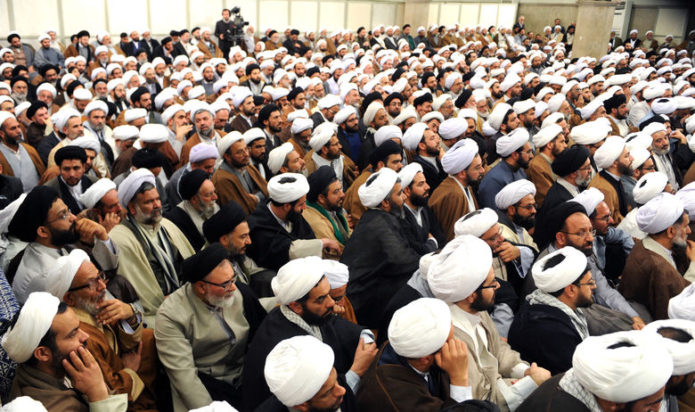Question:
Sheikh, I need your advice on the following issue. Please tell me whether I am deluded, or is this mode of thinking justified:
I live in Australia, and I have recently begun full-time work and I have unfortunately (and willingly) succumbed to shaking hands with female staff – solely restricting it to a ‘professional’ gesture. Between Allah (swt) and myself, my intention has never waivered to lust and neither is this handshake an act of defiance towards Allah (swt). I feel horrible after doing so (simply because of what I know of the ruling) but then I console myself by believing that Allah (swt) will never hold me accountable for such a thing (particularly because of the un-waivered intention).
I also very humbly believe that not shaking hands with someone can be offensive and insulting, even if it is done the correct way, and is by no means an action that attracts one towards Islam.
Sheikh, please share your thoughts and I have made a promise to follow whatever the outcome is.
Answer:
Thank you for your very honest and heartfelt question. I really feel for you.
Please, consider the following points:
1. A man came to Imam Baqir (a.s) and said that a small mouse was dropped dead in his big pot of food.
The Imam said that all the food has become Najis (ritually impure) and the food must be disposed.
The man said: it was only a small mouse, and I don’t think it is a big deal for God, rather, wasting that much of food seems to be a bigger sin (Satanic justification!).
The Imam replied: “When sinning, don’t look at the small action, look at the Great God whom you disobey, by this small mouse, you belittle the law of your Great God!” (Wasaelu-Shi’a vol.1 p. 206)
2. What is more sinful than a mere sin is justification of the sin. Once our system is used to it, it will expand it to other sins with no limits! It’s always very important not to open any window or gap for our evil self-interest.
3. Comparing a necessary hand touch for medical purposes to hand shaking is yet another analogy of Shaytan. Remember, that’s why Imam Sadiq (a.s) insisted that ‘analogy’ (قیاس) is the act of Shaytan and is denounced in our Fiqh.
4. We should not compromise on a divine law because one ignorant person may be offended by it, rather, we should use our talent to justify it to her. Al-Hamdolellah, it is not difficult to explain the wisdom behind the prohibition of shaking hands with the opposite sex. This is especially the case given that it is only a gesture of greetings. It is very natural that different cultures greet one another differently. As a matter of fact, you should be offended that in multicultural Australia a particular culture is imposed on you. In some Asian cultures greeting is expressed by bowing to each other. Shaking hands is a big offence to them!
5. To counter attack this Satanic justification you can ask yourself: what if my wife were working in a corporate environment that she had to shake hands with her clients, would I accept that, no matter how much she told me she was being professional and did not mean anything?!
6. Surely, in general, shaking hands is one of the challenges of living in a western society, but then again ‘no pain no gain’, and the more you practice it the easier it becomes.
7. And finally, never think of spreading Islam by compromising and sacrificing its rules!
May God protect us all,
Answered by: Sheikh Mansour Leghaei



